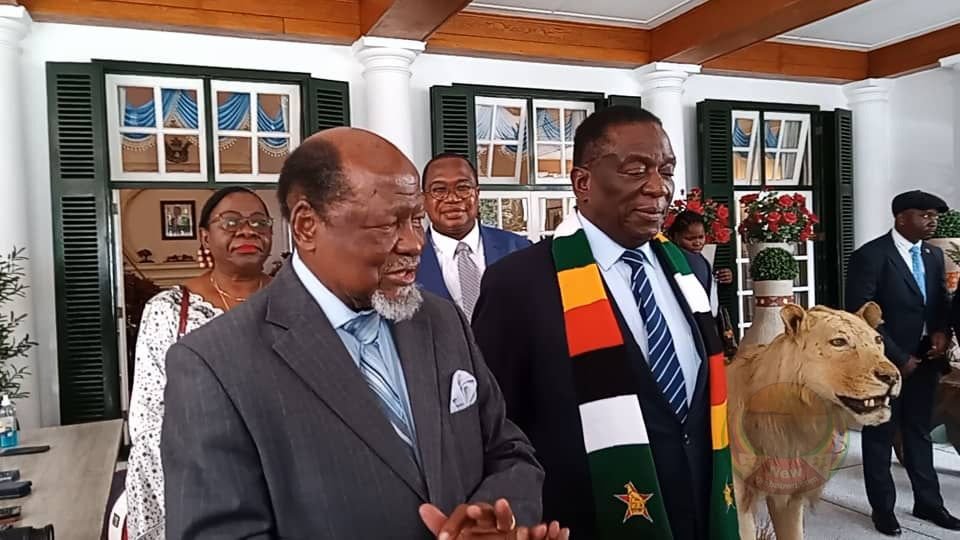 THE political trajectory of post-colonial Africa is often marred by the spectre of the "Big Man" syndrome—a model of governance where executive power is consolidated, extended, and perpetuated, often at the expense of democratic institutions and the popular will. The debate surrounding a potential term extension for President Emmerson Mnangagwa, Zimbabwe's incumbent president, strikes at the very heart of this enduring challenge.
THE political trajectory of post-colonial Africa is often marred by the spectre of the "Big Man" syndrome—a model of governance where executive power is consolidated, extended, and perpetuated, often at the expense of democratic institutions and the popular will. The debate surrounding a potential term extension for President Emmerson Mnangagwa, Zimbabwe's incumbent president, strikes at the very heart of this enduring challenge.
While his ascent to power in 2017 was framed as a "New Dispensation" and a decisive break from the Robert Mugabe era, any move to prolong his tenure beyond its constitutional limits would not only represent a profound betrayal of his initial promises but would also cement a tragic continuity with the very authoritarianism he purported to dismantle, further imperilling Zimbabwe's fragile prospects for stability and prosperity.
The most compelling argument against any term extension lies in the foundational principles of constitutionalism and the rule of law. Zimbabwe’s 2013 Constitution, a document born from a fraught but nationally inclusive process, explicitly outlines presidential term limits.
Section 91 stipulates that a person is disqualified from election as President if they have already held office for two terms. This provision was a hard-won victory for those advocating for institutional checks on executive power, a direct response to the decades of personalized rule under Mugabe.
- For Mnangagwa, who has repeatedly pledged his allegiance to the constitution, to seek or accept an extension would be an act of profound legal and ethical hypocrisy. It would demonstrate that the constitution is merely a tool to be wielded by the powerful and discarded when it becomes inconvenient, undermining the very bedrock of a democratic state and sending a message that Zimbabwe remains a nation of men, not laws.
- Furthermore, the political context of Mnangagwa's rise to power makes the case for a fixed term even more critical. He was not elected on a radical new platform in 2017; he was installed by a military-assisted process that ousted his predecessor.
- His subsequent electoral victories in 2018 and 2023 have been widely contested by international observers and the opposition, marred by allegations of intimidation, voter suppression, and judicial bias.
A term extension in this environment would be widely perceived not as a popular mandate, but as an elite pact to maintain control over the state and its resources. It would validate the accusations that ZANU-PF's project under Mnangagwa was never about genuine democratic renewal, but rather a recalibration of power within the ruling party to ensure its continued dominance. Such a move would deepen political fissures, eliminate any remaining trust in the electoral process, and likely fuel further social unrest and alienation among the populace, particularly the youth who are already disillusioned with the political establishment.
Economically, the argument for continuity through a term extension is dangerously flawed. Mnangagwa’s tenure has been characterized by the slogan "Zimbabwe is Open for Business," yet the economic reality for most citizens has been one of unrelenting hardship. Hyperinflation has returned, the local currency has collapsed, unemployment remains endemic, and public services are in a state of decay. See related articles Click HERE
An extension would signal policy continuity, not the radical change and stability that investors and international financial institutions require. It would perpetuate the uncertainty and policy volatility that have been key drivers of the nation's economic malaise. The stability required for sustainable growth is not achieved by clinging to a failing leadership but through predictable political transitions, respect for property rights, and the establishment of independent institutions—all of which are negated by the manipulation of term limits.
